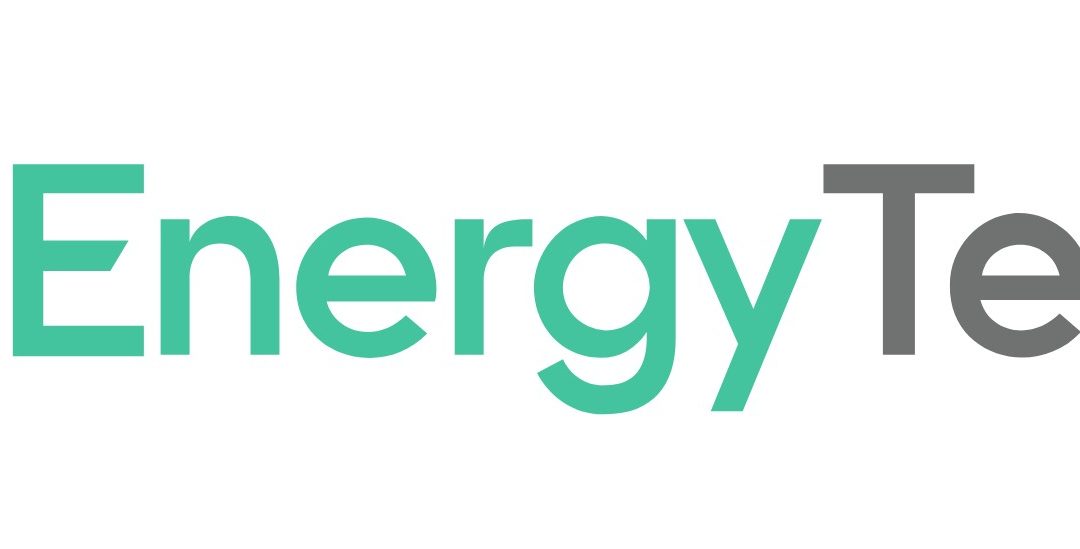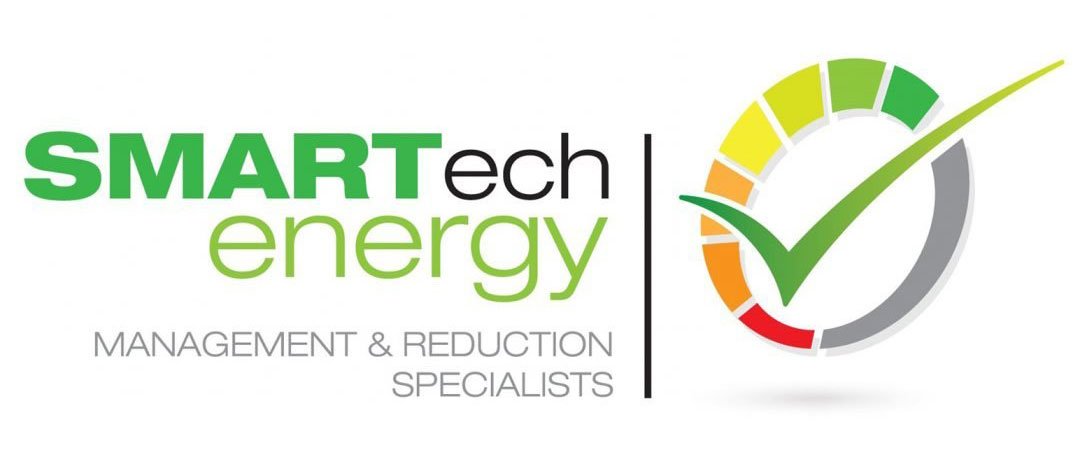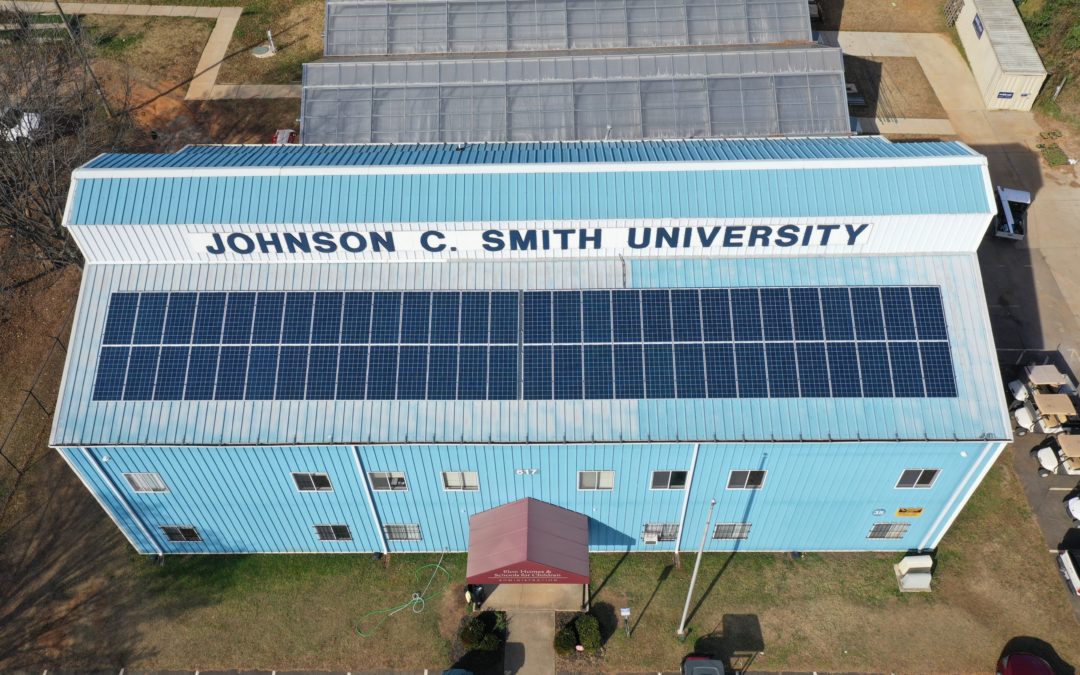
Energy Tech Explains Details On Renu Energy Solutions’ Solar Array Install At Smith University Greenhouse
Renu Energy Solutions has announced a new solar installation at the Johnson C. Smith University’s (JCSU) Sustainability Village in Charlotte.
The team has installed a solar array at the 8,600ft2 greenhouse at the university. This greenhouse features a hydroponic garden and aquaponic facility. The array of 56 modules is 17.92 kW DC. The installation is expected to go live later in 2022 and provide 23,750 kWh of energy its first year, which is equivalent to 18.5 metric tons of CO2.
To continue reading, click the link here!




